New Street Trees for Bexhill
Trees for Cities are pleased to be continuing our work with East Sussex County Council to plant new trees on roadside verges and streets around the area.
Last year, we planted 224 new street trees in Bexhill, as well as many new trees on Bexhill Down, in Southlands Open Space and Sidley Road Recreation Ground. This year, we will be planting a total of 120 further trees on the following roads:
- Chestnut Walk
- Hartfield Road
- Hawkhurst Way
- Kewhurst Avenue
- Ocklynge Close
- South Cliff
- The Gorseway
- Willow Drive
- Withyham Road
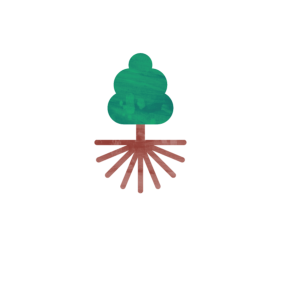
You can watch our planting day video and learn more about the Bexhill planting strategy here.
How do we choose which streets to plant in?
The Urban Tree Challenge Fund has provided match funding for the street tree project and only certain streets are eligible for planting under their terms and conditions. The species of tree and planting locations within the eligible streets have been carefully chosen.
As well as physical considerations such as available space, we have taken into account other factors including the character of each area, proximity of the new trees to residents’ properties, accessibility for pedestrians and sight lines for drivers. We are also limited by the presence of services such as street lights and underground cables.
What trees are we planting on Bexhill streets?
We'll be planting 28 different ornamental tree species on Bexhill streets as well as some fruiting trees on the larger grass verges. These species have been specially selected to survive and thrive in a coastal climate, which is often saltier and windier than in-land climates in the UK. The species list includes some of the following:
The Field maple (Acer campestre) is tolerant to both salt spray and coastal winds, making it a perfect match for coastal planting in Bexhill.
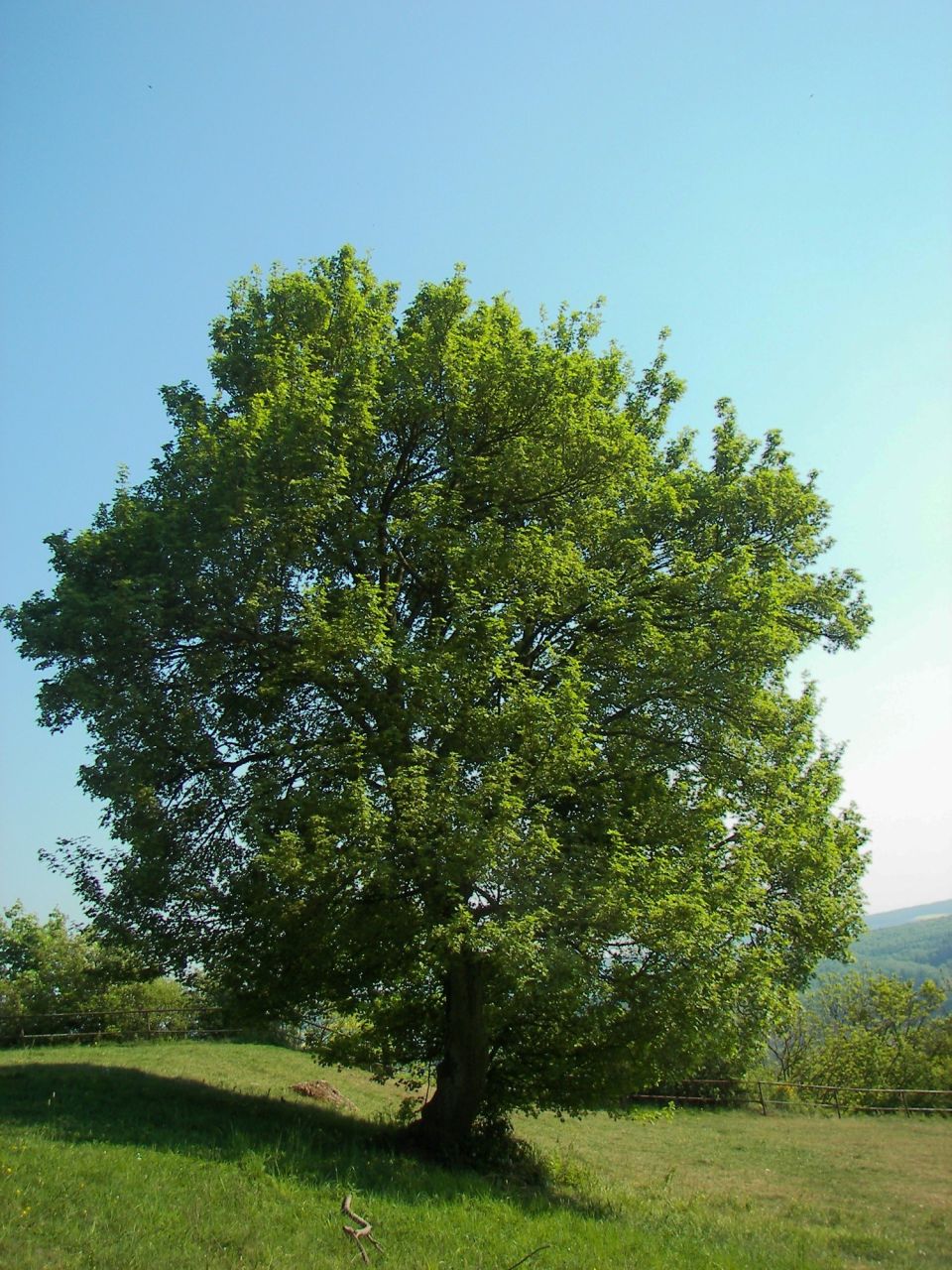
The Resistant Elm (Ulmus ‘Lutece') is a fantastic tree for coastal towns and cities that are prone to periodical waterlogging and drought, both of which have been witnessed over the past few years due to increasing impacts of the climate crisis. It is a species resistant to Dutch elm disease.
Trees that are able to survive these conditions can also help to mitigate effects of flooding, for example by intercepting rainfall before it touches the ground.
We will be planting 10 Resistant Elm trees on Bexhill streets.
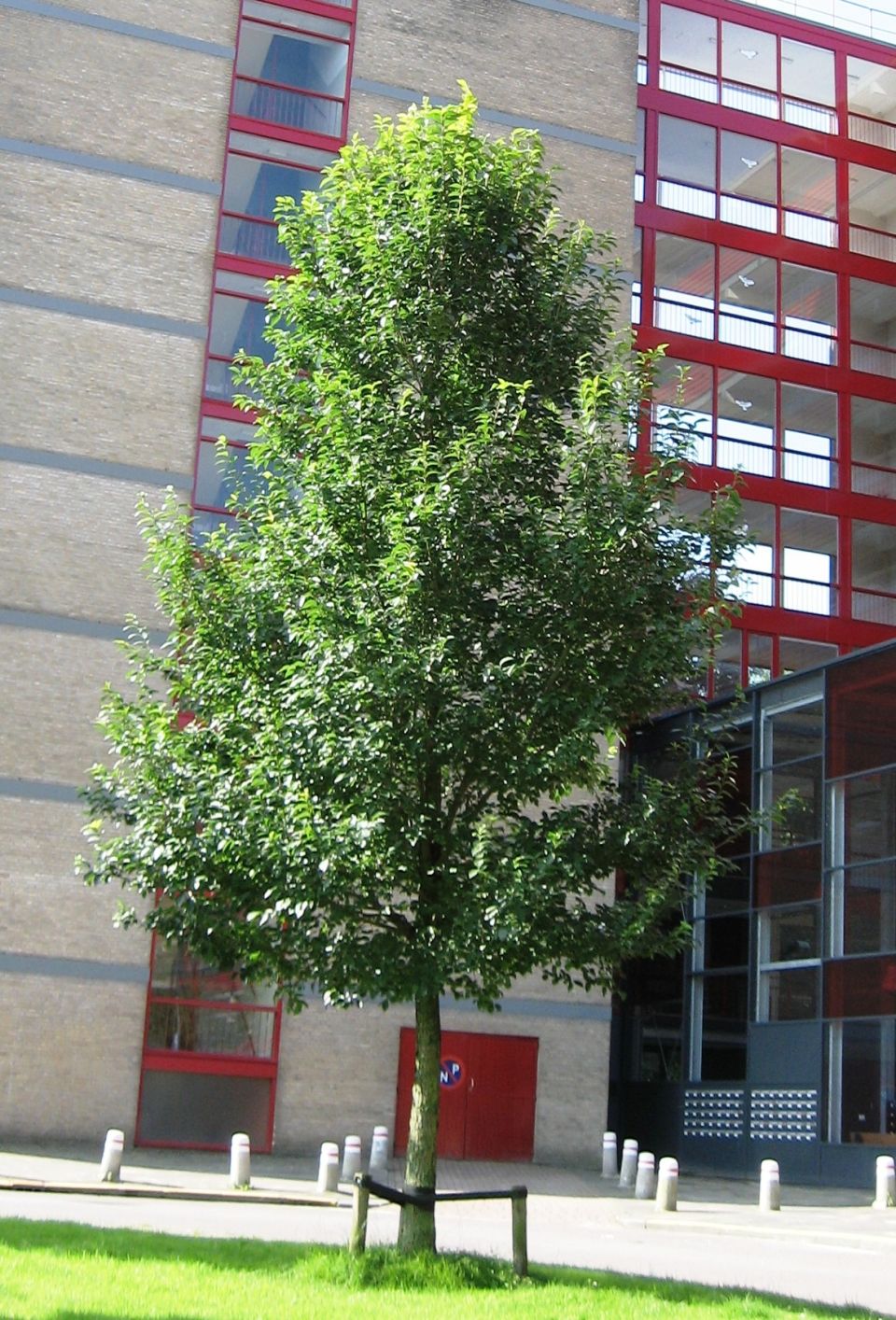
Black pine (Pinus nigra) has no problem growing in windy, coastal areas, often thriving in these conditions. It is evergreen and tolerant to drought, making it an important climate resilient species.
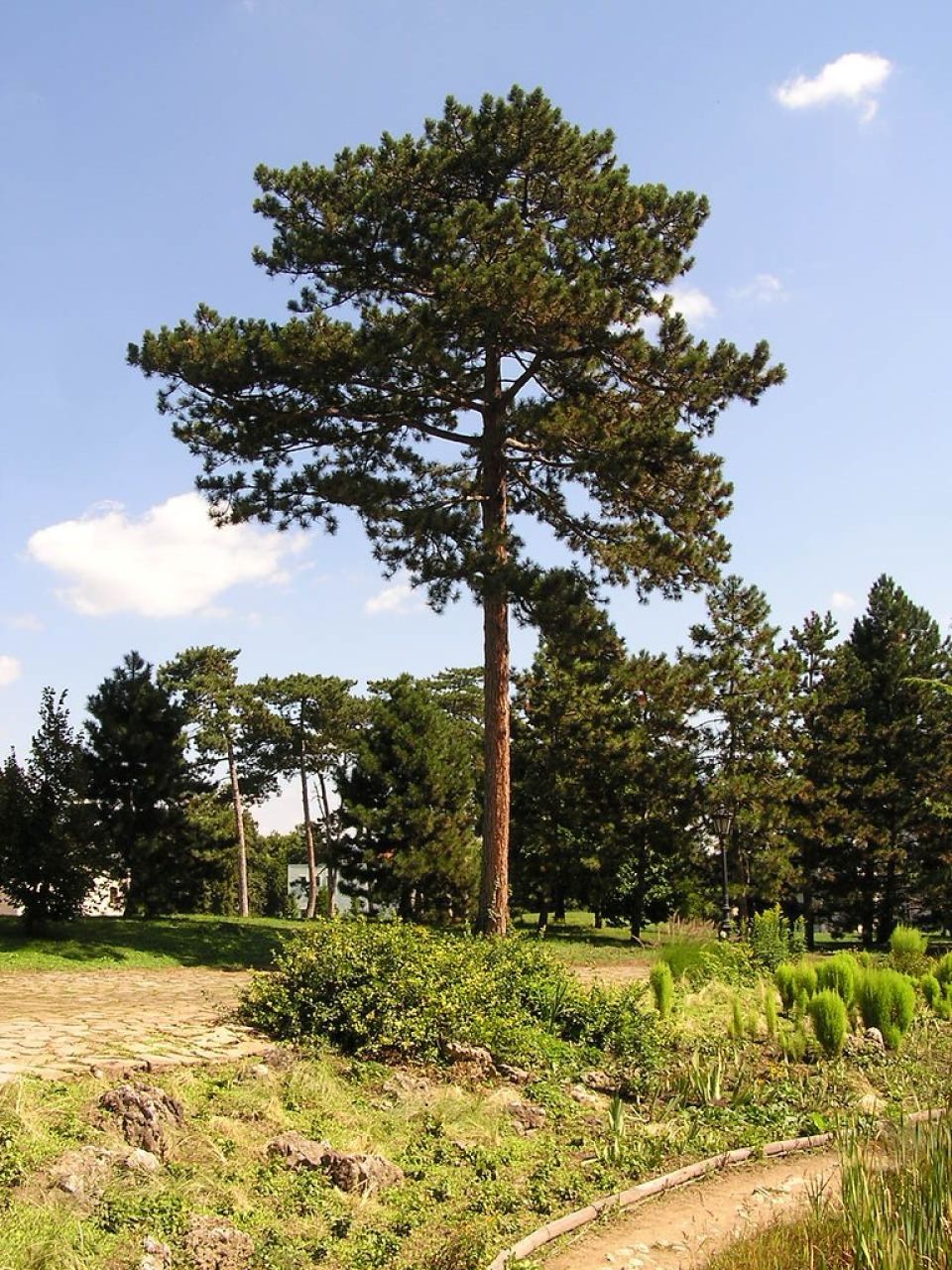
The London plane (Platanus x hispanica) is a popular choice for urban tree planting. We will be planting four London plane trees on Bexhill streets.
Not only is this species tolerant of a variety of conditions, but it can also effectively tackle urban air pollution, which is a major issue for urban areas across the UK, metropolitan in-land cities and coastal towns and cities alike.
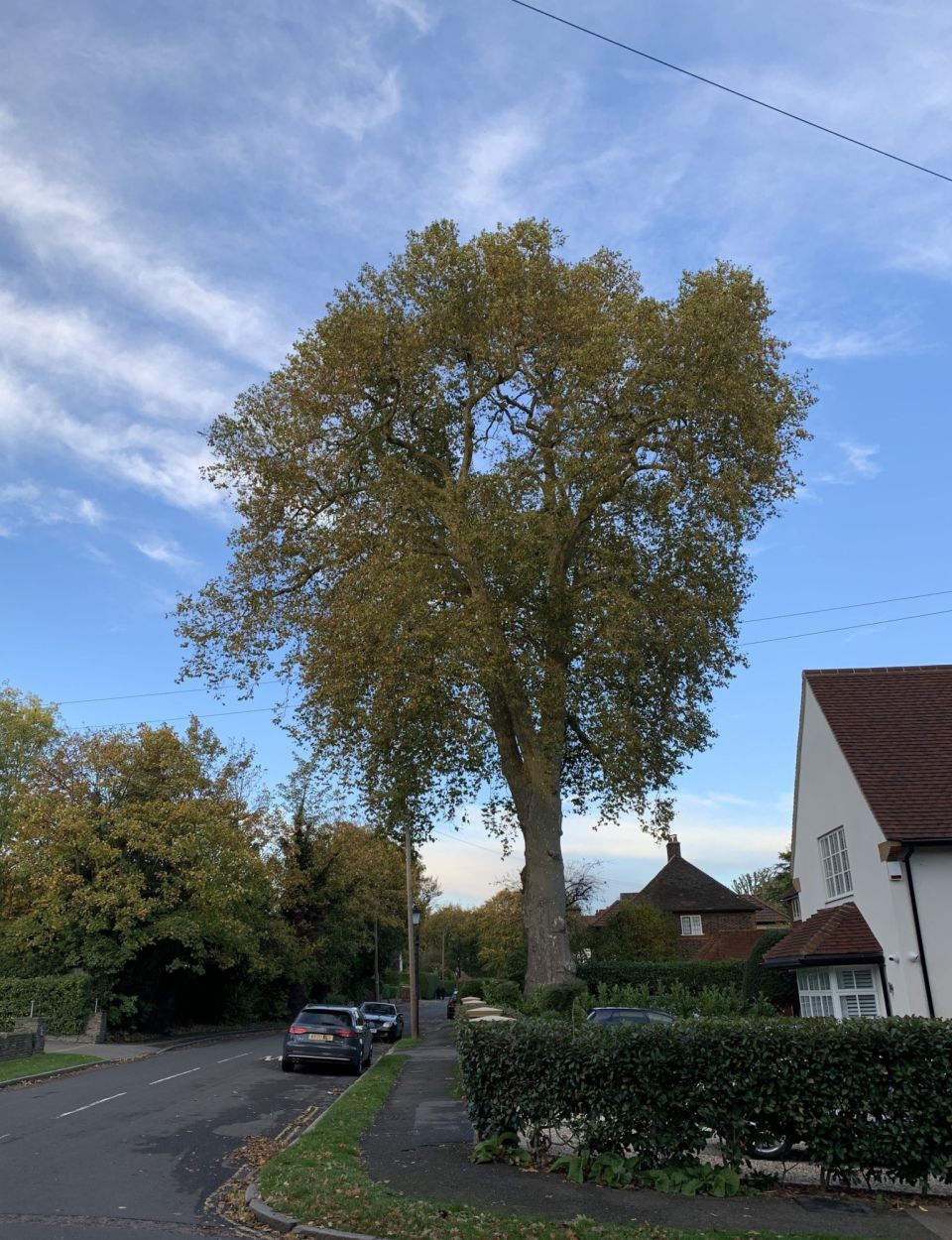
Maintaining the new trees
We regularly water and check the health of all our new trees between April and October (the growing season) for the first three years following their planting until they are established. This is to ensure that they have the best start possible and can go on to lead long and healthy lives keeping Bexhill green! However, if any of the new trees do need replacing within the first three years then this is done in the next following planting season (November to March).

We are looking forward to kickstarting our planting plans in Bexhill this Autumn/ Winter and creating beautiful, green spaces for Bexhill residents to enjoy.
- For more information on how we're greening coastal towns and cities across the UK, see our Forgotten Places: Greening Coastal Towns and Cities page.
Benefits of Urban Trees
Interested in why we're so passionate about planting trees? Here's 10 reasons why we need more trees in our towns and cities.
Find out more